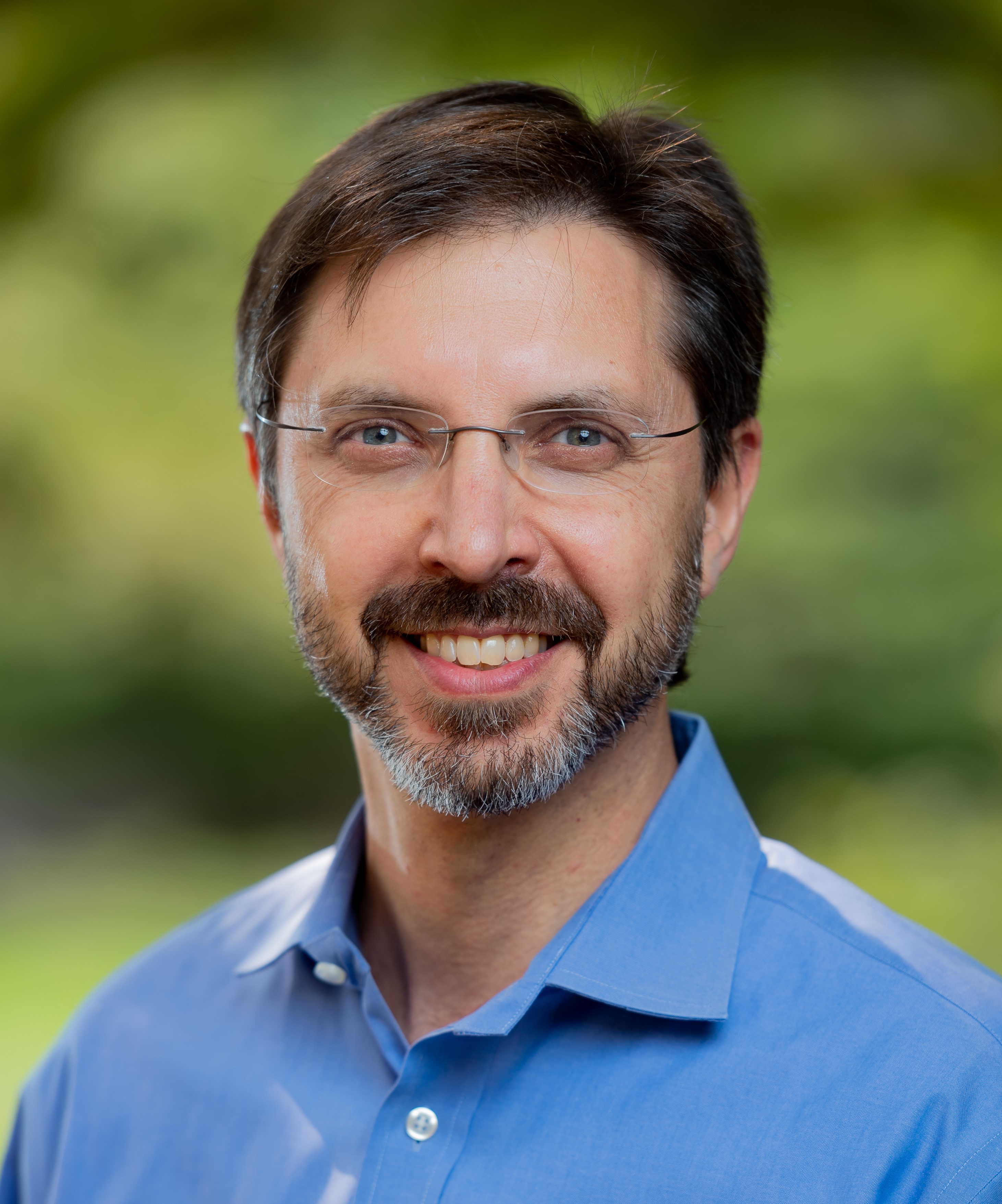
You are the Henry and Mala Dorfman Family Professor of Pediatric Hematology/Oncology, and a Professor of Human Genetics. How did you get to this position in your career?
Like many in our field, during high school, I excelled at math and science and I liked people, so my natural conclusion was that I should become a doctor. My parents, who were not physicians, thought that meant that I should work in a research lab to achieve this goal. We had a family friend who was able to make that happen and I was able to work in some labs over a few summers. It was then that I discovered M.D./Ph.D. programs. I was going back and forth between doing just research or becoming a physician, and enrolling in an M.D./Ph.D. program allowed me the opportunity to do both and help pay for medical school. It was perfect.
During my Ph.D., I focused on hematology, which sparked my initial interest in the field. From there, I did a residency in pediatrics and one of my favorite rotations was hematology/oncology because it is such a team-oriented specialty.
I was really fortunate to work with Dr. David Ginsburg in his lab, where he taught me how to be a physician-scientist. Dr. Ginsburg trained me in what I call clinically directed basic science. We would discuss our research questions in the context of clinical problems.
So what this means is, I see patients in the clinic. I look for missing information or problems we don’t understand or can’t treat. I then take that back into the lab to develop it into a laboratory research problem or question that I can answer.
What is your research focused on?
The Shavit laboratory is focused on understanding the genetics of blood coagulation disorders and developing new therapeutics to treat them. The power of genetic studies is to have large pedigrees. In the lab, we’re able to use our technologies to study a large group in a very rapidly growing environment.
What is your research focused on? Describe your day-to-day in your lab/research.
My lab has grown a lot in size, which means I get to train a team of people in the lab and collaborate with others. In our day-to-day, we use cutting-edge techniques like genome editing to model blood coagulation disorders.
Our lab has a chemical library of 3,000 FDA-approved compounds. We test these on various models of blood coagulation diseases to see if we can find one that’s not previously known to affect blood clotting, but could potentially treat disorders.
What do you hope to accomplish? Why is your work so important?
When it comes to blood clotting disorders, we can’t always predict the exact outcome for an individual. There’s a wide variation on how they might present. For example, siblings with the same genetic mutation may have completely different outcomes, one might bleed a lot more than the other. We also see problems with acquired disorders, such as when oral contraceptives cause thrombosis that blocks circulation. We don’t know who is going to get it, or why it happens, and we think genetics is a big part of it. We use our research to understand the genetics, find new drugs to treat these problems, and better predict who would be more at risk of severe versus mild disease.
What else should we know about your role/interests?
This is my dream job. When I first thought about what my life might be, it’s exactly what it is now. I’m seeing patients and studying their diseases in my lab. All of my research directly matches what I do as a physician, which is not always the case for physician-scientists. I’m happy with the work that I do. I love teaching the trainees in the lab, my patients, and members of the public. I feel very lucky to be doing this.
What else do you like to do outside of work?
Most of my free time is spent with my kids. I’ve always been very involved in their extracurricular activities. I’ve coached their soccer and basketball teams, and my wife and I have chaperoned many exciting school excursions, including a band trip to Carnegie Hall, escorting the rowing team to the Head of the Charles Regatta in Boston, and National Academic Games Tournaments.

About Dr. Shavit
Dr. Shavit received his medical and doctorate degrees from Northwestern University in 2000 after completing his undergraduate education at the University of Michigan. He returned to Ann Arbor in 2000 to complete his residency in pediatrics and a fellowship in pediatric hematology/oncology. Now a full professor, Dr. Shavit specializes in hemophilia and other bleeding disorders, pediatric thrombotic disorders, and thrombophilia. His research focuses on the genetics of these diseases, using zebrafish and mouse models. He is Vice President/President-Elect of the Hemostasis and Thrombosis Research Society, American Society of Hematology, International Society on Thrombosis and Haemostasis, and American Society for Clinical Investigation. He is board-certified in pediatric hematology/oncology.
Learn more about the Shavit Lab: https://www.shavitlab.org



